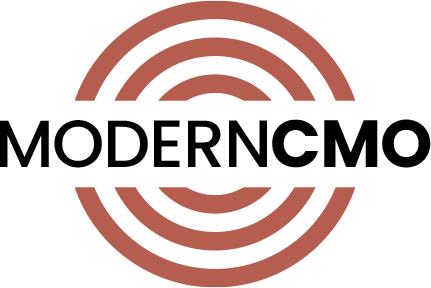Hiring a Chief Marketing Officer (CMO) is an important decision for any business owner. However, choosing between a fractional CMO and an in-house CMO can be confusing. Both options have their pros and cons, and business owners need to weigh these factors carefully before making a decision. In this article, we will provide an in-depth pros and cons list comparing fractional CMOs and in-house CMOs, to help business owners make an informed decision.
Fractional CMO
A fractional CMO is an outsourced marketing executive who works with a company on a part-time or project basis. Here are the pros and cons of hiring a fractional CMO:
Pros:
- Cost-effective: Fractional CMOs are more affordable than hiring an in-house CMO. As a part-time or project-based employee, a fractional CMO only charges for the hours or services they provide.
- Flexibility: Fractional CMOs can adapt to your business’s changing needs. You can hire a fractional CMO for a specific project or for a limited time, and they will work according to your schedule.
- Broad knowledge base: Fractional CMOs have worked with many different companies across various industries, so they have a broad knowledge base. They can bring fresh ideas and a new perspective to your marketing strategies.
- Reduced risk: As fractional CMOs are not full-time employees, there is no long-term commitment. If the fractional CMO is not delivering the expected results, you can end the contract without worrying about severance pay or other obligations.
Cons:
- Lack of in-house knowledge: As fractional CMOs work remotely, they may lack in-depth knowledge of your company’s culture, employees, and inner workings. This can make it challenging for them to align marketing strategies with your overall business objectives.
- Limited availability: As fractional CMOs work with multiple clients, they may not be available to work with your business at all times. This can cause delays in completing projects or implementing marketing strategies.
- Limited oversight: Since fractional CMOs are not in-house employees, they may not be able to supervise the marketing team or work closely with other departments. This can limit their effectiveness in implementing marketing strategies.
In-House CMO
An in-house CMO is a full-time employee who is responsible for overseeing all marketing activities within a company. Here are the pros and cons of hiring an in-house CMO:
Pros:
- In-depth knowledge: An in-house CMO has a deep understanding of the company’s culture, employees, and inner workings. This can help them align marketing strategies with overall business objectives and better communicate with other departments.
- Consistent availability: An in-house CMO is available to work with the marketing team at all times, providing guidance and oversight as needed.
- Supervision: An in-house CMO can supervise the marketing team and work closely with other departments to ensure marketing strategies are implemented effectively.
Cons:
- High cost: Hiring an in-house CMO is expensive, as it involves salary, benefits, and other overhead costs.
- Limited expertise: An in-house CMO may have limited experience in certain areas, such as digital marketing or social media.
- Limited flexibility: An in-house CMO may be limited by company policies, hierarchies, and other constraints, making it difficult to implement innovative marketing strategies.
Choosing the Right Option
To determine which option is best for your business, consider your marketing needs, budget, and long-term goals. If your business has limited marketing needs and a tight budget, a fractional CMO may be the best option. However, if your business requires in-depth marketing knowledge and a consistent presence, an in-house CMO may be the better choice.
If you’re unsure, feel free to reach out to us today and see if Modern CMO is the right solution for your business


